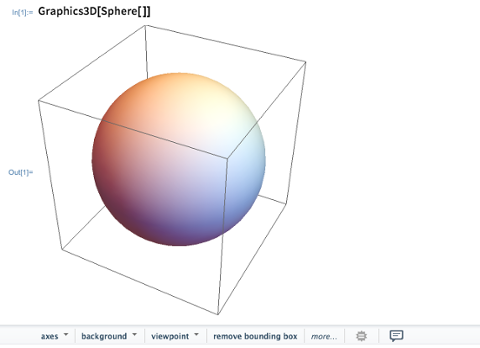Stephen Wolfram Demonstrates New Programming Language
https://www.youtube.com/watch?v=_P9HqHVPeik Stephen Wolfram, chief designer of the Mathematica software platform as well as the Wolfram Alpha “computation knowledge engine,” is showing off his new programming language, which he’s dubbed the “Wolfram Language.” “Here’s a short video demo I just made,” he wrote in a Feb. 24 posting on his personal blog. “It’s amazing to me how much of this is based on things I hadn’t even thought of just a few months ago. Knowledge-based programming is going to be much bigger than I imagined…” The accuracy of that prediction aside, Wolfram has big plans for his new “knowledge-based” language, which he envisions as a platform that will allow developers and software engineers to program a number of complex functions for a variety of devices (including PCs and smartphones) in a more streamlined fashion. “The Wolfram Language does things automatically whenever you want it to,” Wolfram wrote in a November 2013 blog posting that explained the philosophy behind the language. “Whether it’s selecting an optimal algorithm for something. Or picking the most aesthetic layout. Or parallelizing a computation efficiently. Or figuring out the semantic meaning of a piece of data. Or, for that matter, predicting what you might want to do next. Or understanding input you’ve given in natural language.” Wolfram claims he’s worked on the language for roughly three decades. The code features a variety of built-in algorithms; thanks to that programming, Wolfram suggests, it can do everything from visualize Facebook data to pull down the current image from your PC’s camera. The language emphasizes automation, reducing the need for nuts-and-bolts coding. Despite that sales pitch, it’s an open question whether the language will prove useful for a broad subset of industries, as Wolfram clearly intends. In the meantime, the video on his blog gives a broad overview of how the language works. Video: Stephen Wolfram

